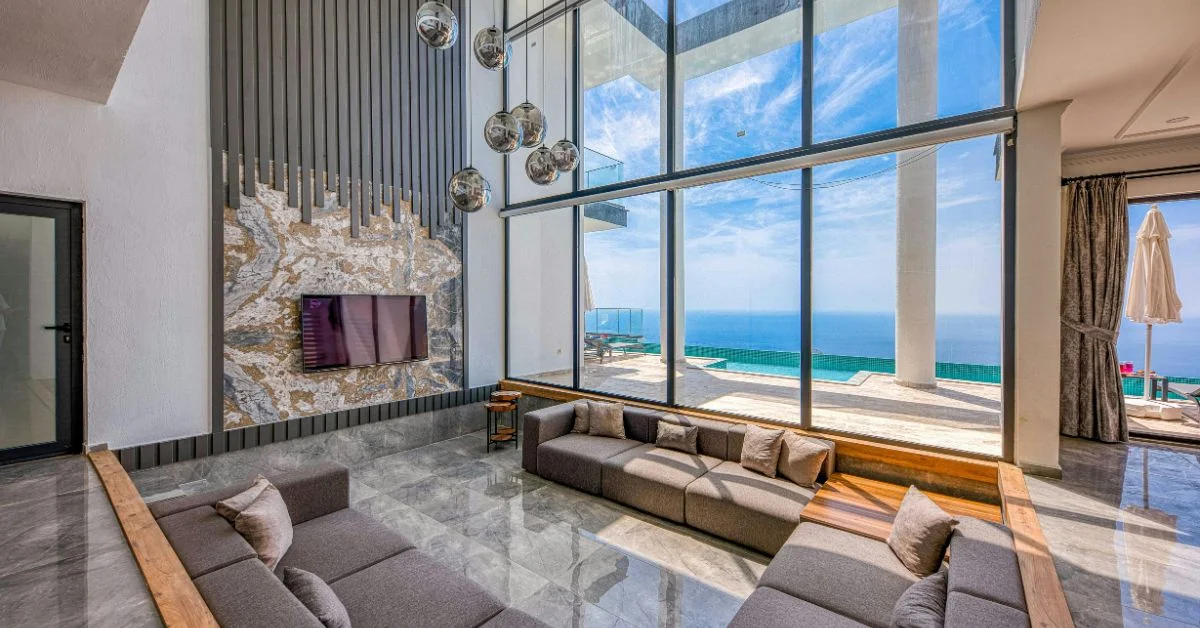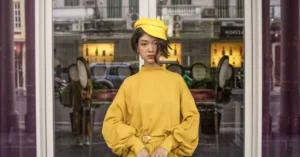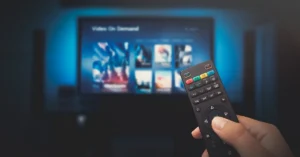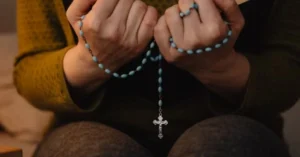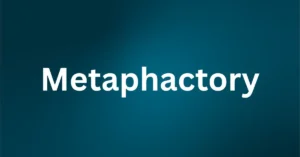Set atop the hills of Hannam-dong in Seoul, UN Village Apartments are not merely residential buildings—they are an emblem of prestige, privacy, and modern international living. Whether you are an expatriate family seeking security and sophistication, a diplomat relocating to South Korea, or simply someone exploring the evolution of high-end urban housing, the UN Village Apartments offer an extraordinary case study in residential excellence.
This comprehensive guide sheds light on what makes these apartments stand out in 2025. From architectural heritage and geopolitical relevance to smart living innovations and market shifts, this article provides all you need to know about the UN Village Apartments.
What Are UN Village Apartments?
UN Village Apartments are a series of high-end residential complexes located within the larger UN Village (유엔빌리지), a private, gated residential neighborhood in Seoul’s Yongsan-gu district. Nestled near the Han River and surrounded by embassies, it has been a preferred address for diplomats, executives, celebrities, and foreign nationals for decades.
These apartments are known for:
- Discreet security
- Spectacular views of the Han River and Namsan Mountain
- Proximity to Itaewon and Hannam-dong’s cultural enclaves
- Exclusive amenities and modern architecture
The name “UN Village” originates from the post-Korean War period when the area began housing United Nations personnel. Over the decades, it has evolved into one of Seoul’s most prestigious residential zones.
A Glimpse Into History and Prestige
UN Village has always had an air of mystique. In the 1960s and 1970s, the South Korean government began developing the area for diplomatic and elite housing. Back then, it was one of the few gated neighborhoods in a rapidly urbanizing Seoul.
As the decades progressed and Korea emerged as an economic powerhouse, UN Village retained its elite character. Celebrities, business magnates, and high-ranking government officials moved in, solidifying its reputation as a sanctuary for the country’s upper echelons.
The apartments within this area were never just utilitarian dwellings. They were statements of power, taste, and seclusion. Today, this legacy remains intact but infused with technological and architectural sophistication.
UN Village Apartments in 2025: What’s New?
In 2025, UN Village Apartments have taken luxury and security to a new level. Though the neighborhood maintains strict limitations on redevelopment to preserve its character, several apartment complexes have undergone major internal renovations.
Notable Developments in 2025:
- Smart Integration: AI-powered lighting, climate control, and home surveillance systems
- Green Design: Solar panels, air-purifying walls, and rainwater recycling
- Hybrid Living: Co-working pods integrated within the apartments for remote professionals
- Cultural Sensitivity: Interiors customizable for diverse cultural preferences—from American kitchens to Japanese-style tea rooms
Architecture and Layout
While UN Village Apartments vary in style and size, most follow a discreet yet elegant aesthetic. Their architecture leans towards minimalism—earth-tone facades, expansive balconies, and strategically placed windows to maximize privacy without sacrificing natural light.
Typical Layout Features:
- Spacious living and dining areas for hosting
- Open-plan kitchens with premium appliances (Sub-Zero, Miele)
- Ensuite bedrooms with walk-in closets
- Floor-to-ceiling windows with panoramic views
- Smart thermostats and humidity control for seasonal adaptability
Some older buildings have been gutted and rebuilt internally, offering modern interiors within traditionally shaped exteriors, maintaining the visual harmony of the neighborhood.
Who Lives in UN Village Apartments?
In 2025, the resident profile of UN Village Apartments is more global than ever.
Typical Residents Include:
- Ambassadors and diplomatic staff from Europe, Asia, and the Americas
- Korean celebrities who value privacy (often behind shell companies)
- Executives of multinational corporations with Seoul headquarters
- Wealthy retirees and legacy families with intergenerational ownership
One emerging trend in 2025 is the rise of digital expatriates—global tech workers and entrepreneurs choosing South Korea as a base for its connectivity and infrastructure. UN Village offers the exclusivity they seek without sacrificing convenience.
Lifestyle and Amenities
Living in a UN Village Apartment means enjoying a quiet, almost suburban rhythm—right in the heart of one of the world’s most bustling capitals.
Key Amenities:
- Private security staff and patrols
- Exclusive parking (often underground)
- 24-hour concierge and maintenance
- Personalized housekeeping or nanny services upon request
- Private gyms and spa facilities in some complexes
Moreover, many apartments come with private gardens or rooftop terraces—rare commodities in Seoul’s dense housing market.
Nearby, residents can walk to:
- The Leeum Samsung Museum of Art
- Premium international grocers and cafes
- Itaewon’s diverse dining and nightlife scene
Market Dynamics: Renting vs. Buying in 2025
UN Village remains a tightly held real estate enclave, with high barriers to entry both financially and logistically.
Average Costs (2025 estimates):
- Rental (Monthly): ₩15,000,000 to ₩40,000,000 ($11,000–$30,000 USD)
- Purchase: ₩4 billion to ₩12 billion ($3 million–$9 million USD)
Due to zoning and redevelopment restrictions, supply remains limited, driving up both rental and sale prices. Yet demand persists thanks to the area’s irreplaceable attributes—view, security, and prestige.
Korean real estate law has gradually become more transparent for foreign buyers, but transactions in this neighborhood often involve discretion and high-trust intermediaries.
Security and Privacy
Security is one of the defining features of life in UN Village Apartments. Not only is the entire neighborhood gated and monitored, but most apartment complexes within it add additional layers of protection.
Security Features Include:
- Biometric access to elevators and homes
- Panic buttons in master bedrooms
- Underground vehicle surveillance
- 24/7 patrolling by private security firms vetted by the government
This level of privacy makes it a favored home for individuals who require discreet living—whether due to political roles, celebrity status, or wealth.
Sustainability and the Environment
Amid growing climate concerns, UN Village Apartments in 2025 have embraced green living more than ever before. Recent renovations include:
- Triple-glazed windows to retain heat
- In-house composting for garden apartments
- Greywater recycling for landscape irrigation
- Rooftop gardens with local vegetation to mitigate heat island effect
These features not only reduce carbon footprints but also align with Korea’s national sustainability goals.
Cultural Integration
The management of most apartment buildings now offers “cultural onboarding” services to new expatriate residents—helping them adjust to Korean customs, language basics, and neighborhood etiquette. This approach supports harmonious living in a close-knit but globally diverse community.
There are also several language immersion classes, private tutors, and childcare centers tailored to international families. Even the grocery delivery systems cater to imported dietary needs.
Future Outlook
With no plans for aggressive urban redevelopment in the immediate vicinity, UN Village will likely remain exclusive and relatively untouched. Seoul’s rapid growth elsewhere—like in Pangyo or Yeouido—means the centrality and calm of UN Village become even more valuable.
In the future, we can expect:
- Smarter integrations via 6G and urban IoT
- Heightened demand for hybrid residential-office layouts
- Further greening of rooftops and shared spaces
- International schools establishing boutique campuses nearby
As Seoul continues to grow as a regional and global hub, the allure of UN Village Apartments is unlikely to fade.
Conclusion
UN Village Apartments in 2025 are more than just upscale living spaces—they are architectural symbols of Seoul’s transformation into a cosmopolitan powerhouse. Their historical pedigree, strategic location, cutting-edge upgrades, and enduring exclusivity make them unique not only in Korea but globally.
Whether you’re evaluating a move, analyzing international real estate markets, or simply exploring how tradition meets modernity in urban living, UN Village Apartments offer a fascinating, real-world narrative. They reflect the complexities and opportunities of global residential living—where history, diplomacy, privacy, and innovation intersect.
FAQs
1. Can foreigners rent or buy UN Village Apartments?
Yes, foreigners can rent easily and buy through licensed real estate agents. Legal processes have been simplified in 2025, but high trust is essential.
2. Are UN Village Apartments worth the high cost?
For those valuing security, privacy, and prestige, the value goes beyond square footage—it’s about lifestyle, legacy, and location.
3. Is it family-friendly?
Absolutely. Many apartments are designed with families in mind and the area includes parks, playgrounds, and international schools.
4. How do I apply for residency in UN Village?
There’s no centralized application. Work with a local high-end property consultant. Some buildings may have a waitlist or require vetting.
5. What makes UN Village different from other luxury areas in Seoul?
It’s the combination of international legacy, diplomatic proximity, restricted development, and genuine neighborhood privacy—unmatched anywhere else in the city.
For more information, click here.

